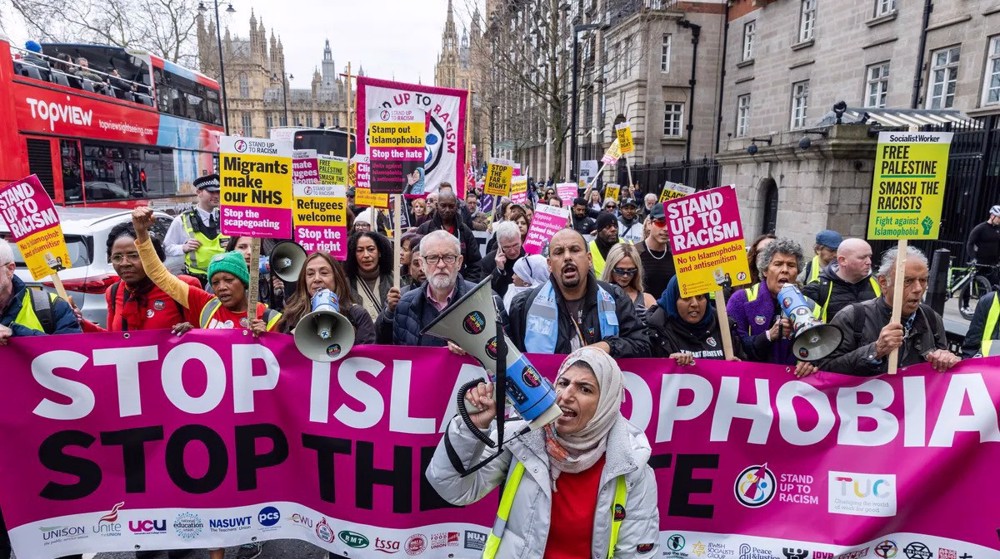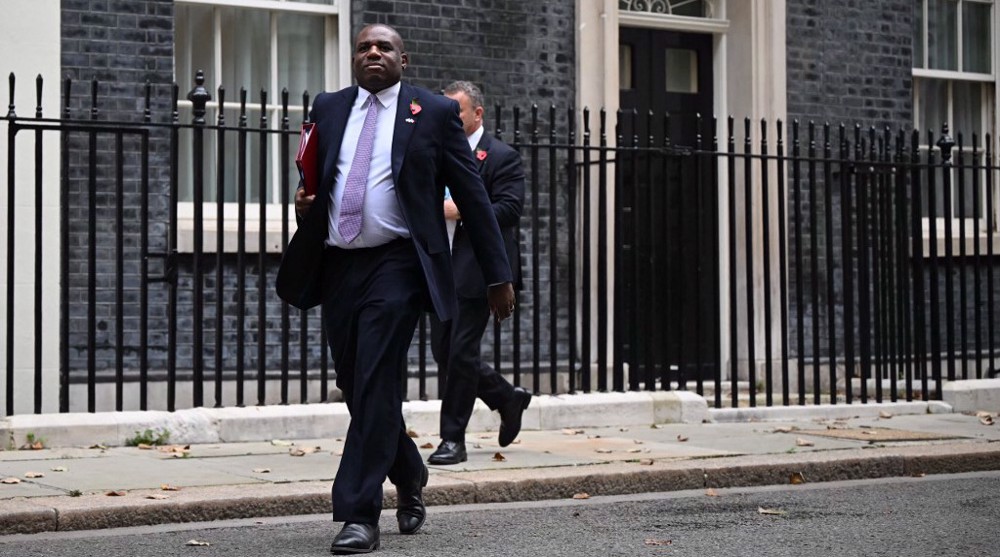UK government admits to "uncertainty" about post-Brexit arrangements
A government memo “mistakenly” emailed to the BBC has revealed the extent of “uncertainty” about Britain’s capacity to patrol its coastal waters post-Brexit.
The memo, from the Department for the Environment, Food and Rural Affairs, discloses that there are just 12 ships “to monitor a space three times the size of the surface area of the UK”.
The revelation is important, since in the event of a no-deal Brexit, Britain will automatically crash out of the Common Fisheries Policy, the European Union’s rule book on fishing zones and quotas.
Post-Brexit, Britain will revert to being an independent coastal state and will be expected to enforce its own fishing rules, by, for instance, deterring EU fishermen from illegally fishing in British territorial waters.
But just as the Royal Navy has shrunk in size in the past three decades, so has, it seems, the British customs fleet. The former First Sea Lord, Admiral Lord West, told the BBC the UK has “insufficient assets to patrol and look after our exclusive economic zone for fisheries, and also our territorial seas”.
Fisheries is not the only area where Britain appears to be ill-prepared for the consequences of a no-deal Brexit. Britain’s border force appears to be both under-staffed and ill-equipped to deal with the fallout from a disorderly exit from the EU.
On July 21st the tabloid newspaper, The Sun, reported that the (former) home secretary, Sajid Javid, had been given the go-ahead to recruit 500 new border force personnel to deal with the challenges of a no-deal Brexit.
But to underline the chaos at the heart of government planning, another tabloid newspaper, The Daily Express, reported on August 7th that the Prime Minister, Boris Johnson, has hired 5,500 new border force officers to ease potential queues at the port of Dover following Britain’s exit from the EU on 31st October.
The chaos and uncertainty of a no-deal Brexit also extends to the private sector. The Times newspaper reported on August 10th that the government has compiled a list of companies at risk of financial exposure, and in need of potential help, in the event of a no-deal Brexit.
According to the Times some of these firms belong to the vital construction and manufacturing sectors.
VIDEO | Jordanians continue rallies to denounce Israeli genocide in Gaza, Lebanon
6 Israeli soldiers commit suicide: Reports
Diplomat discourages recourse to pressure, intimidation, confrontation against Iran
UN: 2024 deadliest year for aid workers amid genocide in Gaza
Gaza health official warns of hospital shutdowns within 48 hours
Israel kills 5 more paramedics in southern Lebanon: Health ministry
Iran to launch ‘new, advanced’ centrifuges in response to IAEA resolution: AEOI
Yemen fires hypersonic missile at Israeli airbase










 This makes it easy to access the Press TV website
This makes it easy to access the Press TV website